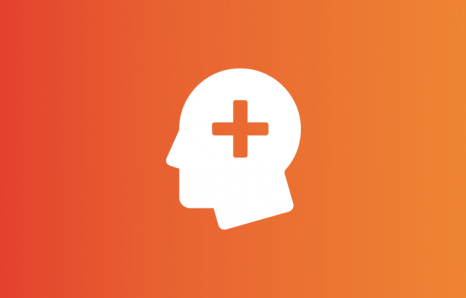Adolescence is a time of significant growth, including the development of the brain, which is why young people differ from adults in the way that they behave, solve problems and make decisions. Based on the stage of their brain development, young people are more likely to act on impulse or engage in risky behaviours.
In this short 5-Minute video, our guest speaker, Hinal Patel, explains why teenagers taking risks isn’t necessarily a bad thing and suggests different coping strategies to help them develop but in a safe environment.
Hinal also shares:
- how to help them get a good night’s sleep, which is essential for their mental health and wellbeing
- signs and behaviours to look out for that might indicate they are suffering from depression or anxiety
- tips to encourage them to open up if there is a problem
- guidance on managing how they use social media.
Send us your feedback and let us know what topics you want for future 5-Minute Wellbeing to contact@railwellbeinglive.co.uk.


